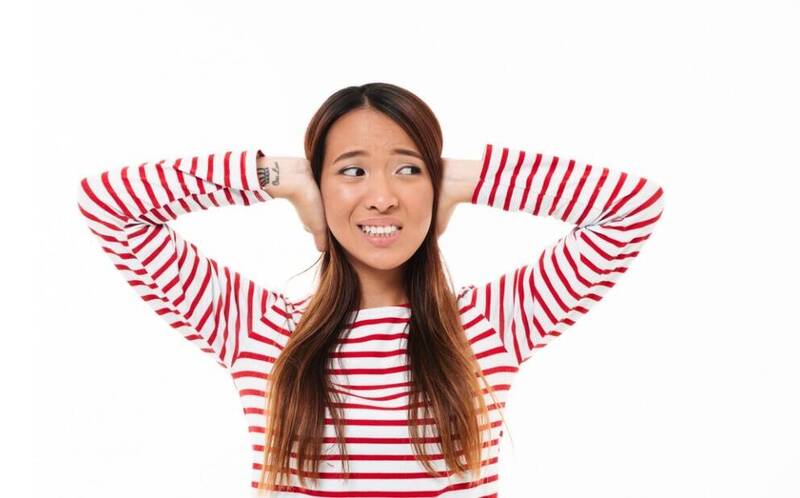Chinese medicine practitioners point out that hyperacusis often causes overreaction to external sounds, sometimes accompanied by symptoms such as tinnitus, earache, irritability, and heart palpitations; according to the situation.
(picture taken from freepik)
[Health Channel/Comprehensive Report] Generally speaking, when you hear allergies, you will think of nose, skin or food, but in fact, you may also be allergic to sound.
Chinese medicine practitioners point out that hyperacusis often causes overreaction to external sounds, and sometimes it is accompanied by symptoms such as tinnitus, earache, irritability, and heart palpitations.
Causes include long-term exposure to high-decibel noise, long-term sleep disturbances, head trauma, mental stress, and inner ear trauma or chronic ear infections.
Liufutang Traditional Chinese Medicine Clinic pointed out in a Facebook fan post that hyperacusis refers to the phenomenon that the inner ear nerves are less receptive to external sound volume stimuli. Symptoms such as pain, irritability, and palpitations can even affect daily life and psychology in severe cases.
Please read on...
7 common causes of hearing allergies
●Sudden loud noise.
●Long-term exposure to high-decibel noise environment.
●Long-term sleep disturbance.
● head trauma.
●Surgery around the head.
●Mental stress, autism, depression.
●Inner ear trauma or chronic ear infection (such as inner ear edema, neuritis, etc. caused by infection).
There are 4 types of hyperacusis
●Loudness type: The original mild or moderate sound is a burden to the hyperacusis.
●Annoying type: Negative emotional reactions to noisy environmental sounds, which in turn cause anxiety, tension, and irritability.
●Fearful type: They will reject specific types of sounds, and then actively avoid situations where the sounds will be made.
●Pain type: the sound of normal volume will cause ear pain in patients with hyperacusis.
The doctor of traditional Chinese medicine said that hyperacusis is not as simple as taking a medicine to cure it. He also attached a simple self-test form, so that everyone can see if they have hyperacusis. Hurry up and find a TCM doctor based on syndrome differentiation and treatment through acupuncture and Chinese herbal medicine.
Self-diagnosis of hearing allergies
1. The sound acceptance of general public places is significantly reduced.
2. I feel that the surrounding sounds are particularly obvious.
3. Headache or tinnitus, dizziness.
4. Difficulty concentrating.
5. Exclusion of public or social places.
6. Poor sleep quality.
7. Often feel anxious or depressed, and even aggravate the symptoms as the decibels of the surrounding sound rise.
Improve hearing allergies by doing this
●Acceptance of sound: Avoid frequent use of earplugs to isolate the sound of ordinary daily life, so as not to over-protect the ears and cause symptoms to worsen. You can also adjust the acceptance through natural sounds and music to adapt to the intensity of the sound volume.
●Emotional stability: relax yourself physically and psychologically, avoid irritability and increase the physiological arousal state, thereby reducing the irritability to noise. If necessary, you can train and adapt through meditation or cognitive therapy.
●Sleep quality: reduce the pressure on the cranial nerves through good sleep quality, so as to calm the hyperactivity of auditory sensitivity.
●Soothing massage: It can properly massage the shoulders, neck, and head, and relax the physical and psychological state by relieving the tension of the fascia.
</p
☆Health news will never be missed, click like to follow the fan page.
☆For more important medical news, please go to Liberty Health.com.
keywords
depression
pressure
sleep quality
hyperacusis
Traditional Chinese Medicine
physical and mental health
related news
